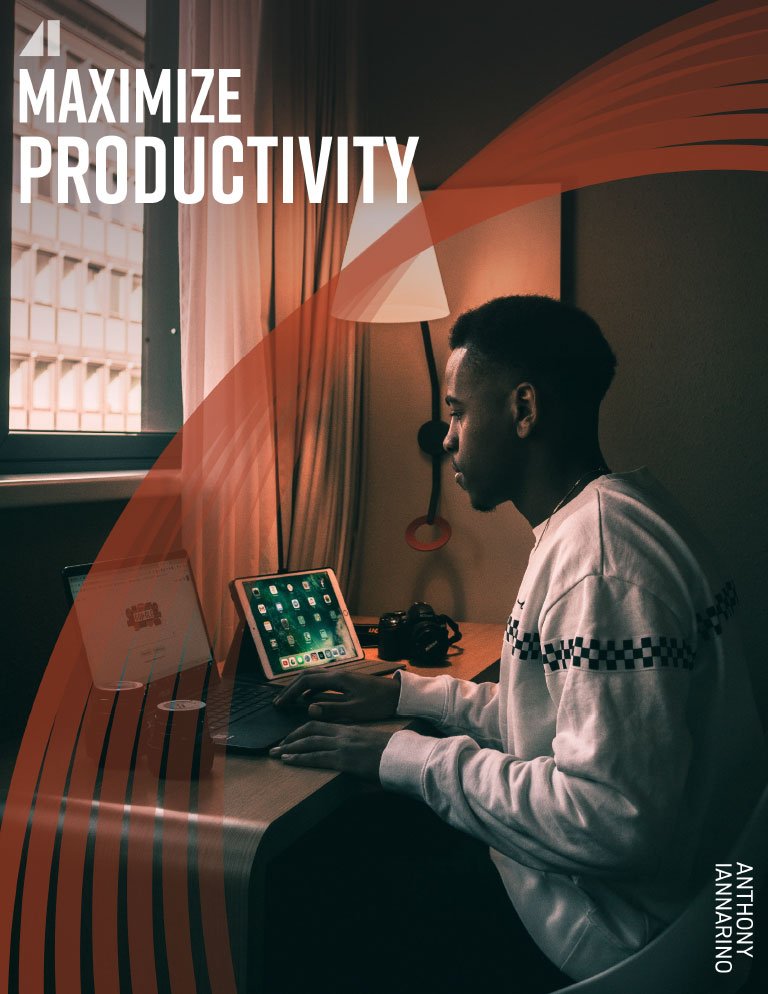First, a couple thoughts about my experience with note-taking.
My handwriting is so poor that even I can’t make out what I write on paper. Because my typing form is so poor, I have developed carpal tunnel or something worse, making it even more challenging for me to write on paper. I have paid good money for dozens (maybe hundreds) of notebooks with the intention of using them for contemporaneous notes, but I end up giving them away and typing all my notes. Even though I am a bit hamstrung when it comes to paper notes, I am a longtime note-taker and list-maker. In fact, recently I purchased the ReMarkable II, which mimics paper, so I can work on my handwriting and take contemporaneous notes during client meetings without typing them into my laptop.
Taking notes comes with its own set of problems. The first problem is where to store your notes. The second problem is how to process them, especially if any given notepad includes client notes for your CRM, upcoming tasks, and ideas to consider in greater depth later. The third problem is making sure you can find the notes you need when you need them. For a very long time, I have used and recommended Evernote, because it is really a database. Recently, I have started using Evernote to keep files and links to files, so I can keep my notes with the file itself—something you can’t do with any of the cloud storage solutions.
More and more, I have come to value contemporaneous notes, the notes you take in real-time, capturing data and ideas as they occur. Being able to retrieve them helps you do good work by preparing for future conversations, actions, and decisions.
A Record of Your Thoughts and Ideas
All day, every day, your mind generates ideas, including occasional insights so valuable that you need to capture them immediately. Their full value might not be apparent when you jot them down, but that doesn’t mean they won’t become important later. You should capture all of your thoughts and ideas in real-time, including the impetus (if there was one) and the date, by making contemporaneous notes. By taking these notes, you ensure they’ll be available to you in the future.
When you are observing others and listening to conversations, your mind will latch onto observations that seem worthy of a note. Take the time to write down these observations, capturing some details to remind you of the source. Even though you may not know when or how you will use these notes, understanding when contemporaneous notes can be used is crucial. You can’t access valuable insights if you don’t capture them in the moment.
There is no way to overstate the value of an introspective journal to process your thoughts and feelings—and to discover your own mind. A number of Zen Masters have shared with me that, for many people, the introspective journal produces the same results as meditating, a pattern that has been true for me. Your thoughts and ideas about your experiences, captured through contemporaneous notes, can help you get to know yourself better, providing greater clarity in all areas of your life.
A Record of Your Conversations
Your memory is incredibly fallible, especially when it comes to remembering something valuable (or even critically important) exactly when you need it. This is why you forget that you need razor blades while you are shopping but remember that you forgot to send your client something they asked you for yesterday.
If you have ever been in a meeting and couldn’t recall what you and another party discussed or what you agreed to, you recognize the value of contemporaneous notes. The record of your conversations allows you to go back over ground you’ve already covered, and to refresh your memory—and the other party’s memory—as to what you discussed or decided.
All kinds of things come up in conversation that are worth capturing, including the personal stuff people share, like their children’s names, their interests outside of work, and their goals.
A Record of Your Meetings
I have always been jealous of people who can keep a legitimate, old-school diary, tracking not only their contemporaneous notes but a lot of other details about stuff they bought and other things that don’t seem all that important. Fortunately, the tool that I use now allows me to keep all of my notes on a daily screen, making it a perfect way to keep the notes from every meeting.
Have you ever needed to find notes from a meeting you had months ago? Tracking them down can be difficult because they’re rarely connected to your calendar, unless you put them in your CRM or use a note-taking application that allows you to store them by date. Whether you’re establishing follow-up actions or just tracking the progress of a deal, good records of what was said, what is needed, and what to do next is one way to ensure that things get done.
You might be pretty good at trivia, though I bet I’d beat you when the topic is 70s and 80s rock bands. But neither one of us is going to be able to remember what we had for dinner four nights ago, or what our client said in the meeting we had three weeks ago. Good notes make for a good memory.

Get the Free eBook!
Take control. Maximize your productivity.
Being productive means getting important things done. The stuff that moves you toward accomplishing your most important goals. The strategies in this eBook will have you producing the results you want.
Download Now







.jpg?width=768&height=994&name=salescall-planner-ebook-v3-1-cover%20(1).jpg)



Comments